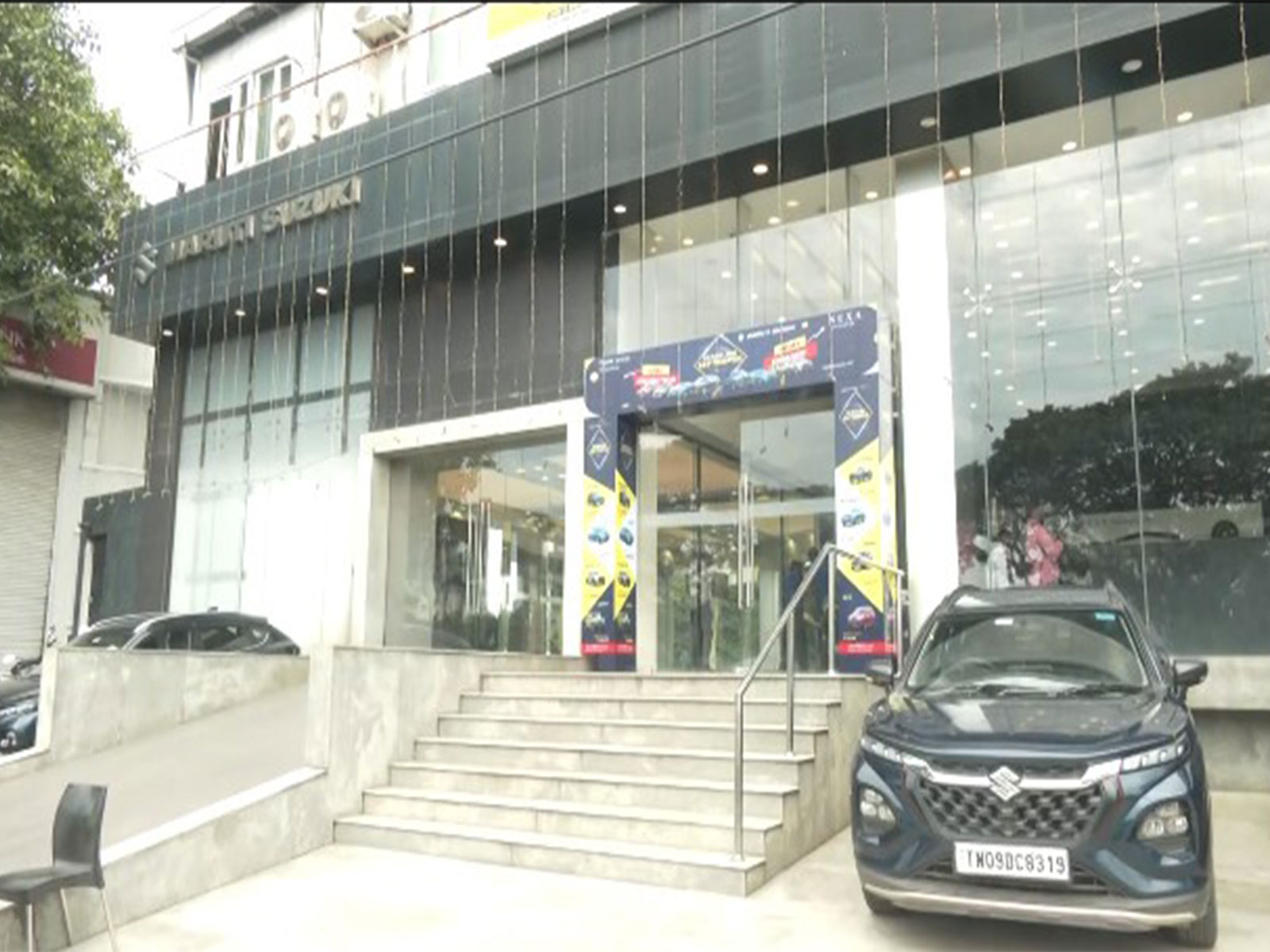Festive Cheer Drives Car Sales Surge Amid GST 2.0 Reforms
The automobile industry sees a strong spike in sales during the festive season with Maruti Suzuki witnessing unprecedented customer interest and bookings. The introduction of GST 2.0 reforms has further boosted buying sentiment by lowering car prices. Showrooms report high enquiries and sales, expecting continued demand growth.

- Country:
- India
The festive season has arrived with a significant boost for the automobile industry, as customers flocked to car showrooms on Navratri's first day. The introduction of GST 2.0 reforms, which have slashed car prices, further fueled the festive buying spirit. Maruti Suzuki, in particular, has seen remarkable performance due to this twin impact.
"The response from customers has been phenomenal—unlike anything we've seen in the past 35 years. On the first day alone, we recorded 80,000 enquiries and delivered over 25,000 cars, with deliveries expected to soon reach 30,000," stated Partho Banerjee, Senior Executive Officer at Maruti Suzuki. "Since the announcement of additional price reductions on September 18, we've received 75,000 bookings, with daily bookings up 50%. Demand for small cars has surged by nearly 50%. Enquiries remain high, potentially leading to stock outages on certain variants," he added.
At a Chennai Maruti showroom, managers emphasized the benefits of the GST rate rationalization. According to Sivaraj, the showroom manager, around 2,000 cars have been booked in September due to lowered slabs, with costs dropping from 4.5 lakh to 3.4 lakh. The festive spurt may lead customers to favor four-wheelers over two-wheelers, with GST reductions making cars more affordable.
This robust demand underscores how auspicious timings and price advantages from GST reforms are enhancing consumer confidence. The trend may persist through the festive season as carmakers are likely to benefit from increased affordability under GST 2.0. The GST rate for small cars has decreased from 28% to 18%, enhancing affordability.
Small cars, defined as petrol-engine vehicles under 1200 cc or diesel cars under 1500 cc, benefit from the GST cut. Conversely, large cars have a 40% GST rate without cess. Two-wheelers, including bikes up to 350cc, see GST reduced from 28% to 18%. Agricultural tractors' GST rate goes down from 12% to 5%, as do tractor tyres and parts, previously at 18%.
Buses with over 10 seats witness a GST drop from 28% to 18%. Components for manufacturing vehicles also enjoy an 18% reduction. The GST Council, at its 56th meeting, simplified the tax structure from four slabs to two main rates—5% and 18%, with a special 40% rate for sin/luxury goods. These changes took effect on September 22, 2025.
ALSO READ
Uttarakhand CM Hails Next-Gen GST Reforms as a Historic Milestone
Haryana CM Saini Hails GST Reforms as Boost for Economy
GST Reforms Drive Massive Festive Sales for Auto Giants
GST Reforms Herald 'Bachat Utsav' Savings Bonanza Across India
Gujarat CM Lauds PM Modi's GST Reforms as Game-Changer for Economy










